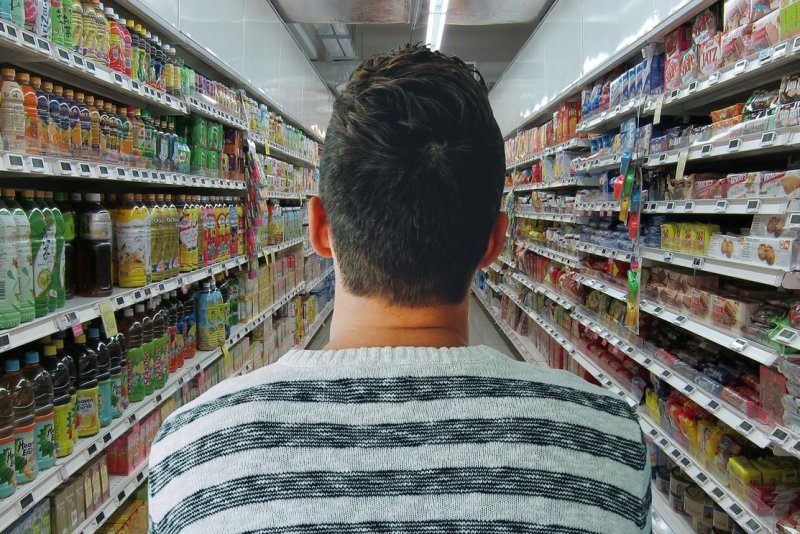Researchers report that adding sugar added information to food products could help prevent hundreds of thousands of cases of heart disease and diabetes. Photo by mohamed_hassan/Pixabay
April 15 (UPI) -- Offering consumers more information about added sugar in food products could reduce the number of heart disease and diabetes diagnoses by hundreds of thousands, a new study says.
Between 2018 and 2037, researchers estimate sugar-added labels could mean more than 354,000 fewer cases of cardiovascular disease and nearly 600,000 fewer incidences of type 2 diabetes, according to research published Monday in the journal Circulation.
"The added sugar label is an important policy step toward reducing consumption of foods and beverages with high added sugar contents, improving health and lowering healthcare spending," Renata Micha, a researcher at Tufts University and study author, said in a news release. "These findings have important implications for individuals, policymakers and the food industry alike. Modest industry reformulation would be a powerful way to maximize potential benefits, highlighting industry's critical role in being park of the solution."
To arm consumers with more nutritional information, the Food and Drug Administration in 2016 announced mandatory changes to the Nutrition Facts label seen on the outside of make packaged foods. Those changes required the addition of grams and percent of Daily Value of added sugar content, to help consumers follow the 2015-2020 Dietary Guidelines for Americans.
Over the next 20 years, the researchers predict that sugar-added labeling could save $31 billion in net healthcare and nearly $61.9 billion in societal costs.
Some companies have started listing sugar-added content on labels, but the 2018 deadline has been extended to 2021 for small manufacturers and 2022 for large manufacturers.
People in the United States consume more than 15 percent of their daily calories from added sugar, according to the study.
More than 100 million Americans has prediabetes or diabetes, the seventh biggest killer in the U.S., according to the Centers for Disease Control and Prevention.
"Informing consumers about what is in their sugary drinks, cakes and sweets will help them decide what they want to eat for their health now and later," said Martin O'Flaherty, a professor in epidemiology at the University of Liverpool and study co-senior author. "Full implementation of the label before 2021 could help maximize health and economic gain."















